

The Barbary Wars, Part 5: U.S. Navy Triumphant in Tripoli
Commodore Edward Preble assembled his considerable American fleet just outside Tripoli harbor in August 1804, determined to punish the city and its corsairs, and force Yusuf Karamanli, the Dey of Tripoli, to sue for peace.

The Barbary Wars, Part 4: To the Shores of Tripoli
William Eaton led the first successful invasion of a foreign land by the United States when in 1804 he led a handful of Marines and a hodgepodge assembly of Christian mercenaries and unruly Arabs to conquer the Tripolitan port city of Derne.
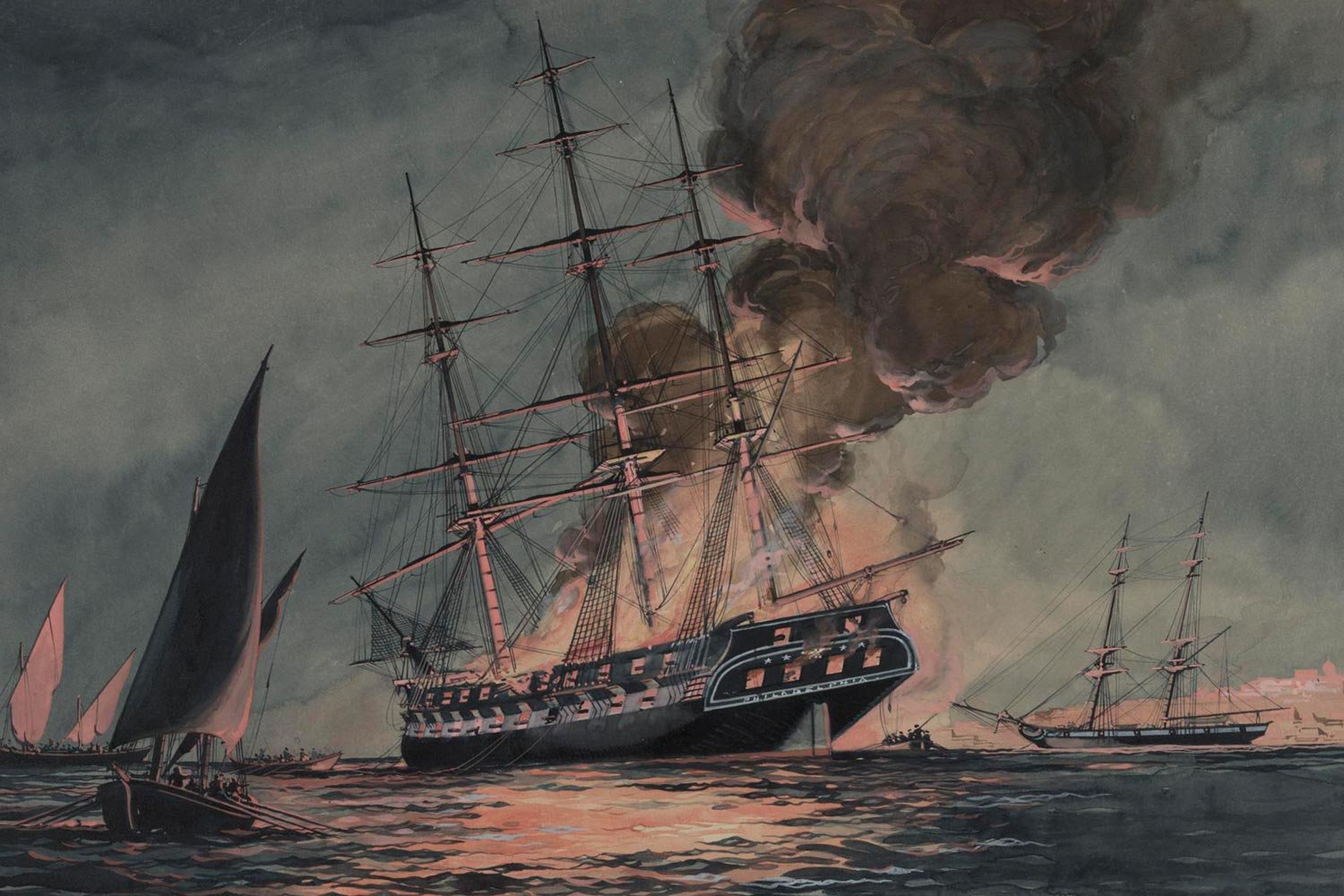
The Barbary Wars, Part 3: “The Most Daring Act of the Age”
Captain William Bainbridge managed to run the USS Philadelphia hard aground on a submerged reef in Tripoli harbor on October 31, 1803, and this pristine frigate, one of the top ships in the United States Navy was now in grave danger of falling into the hands of the Tripolitan pirates.
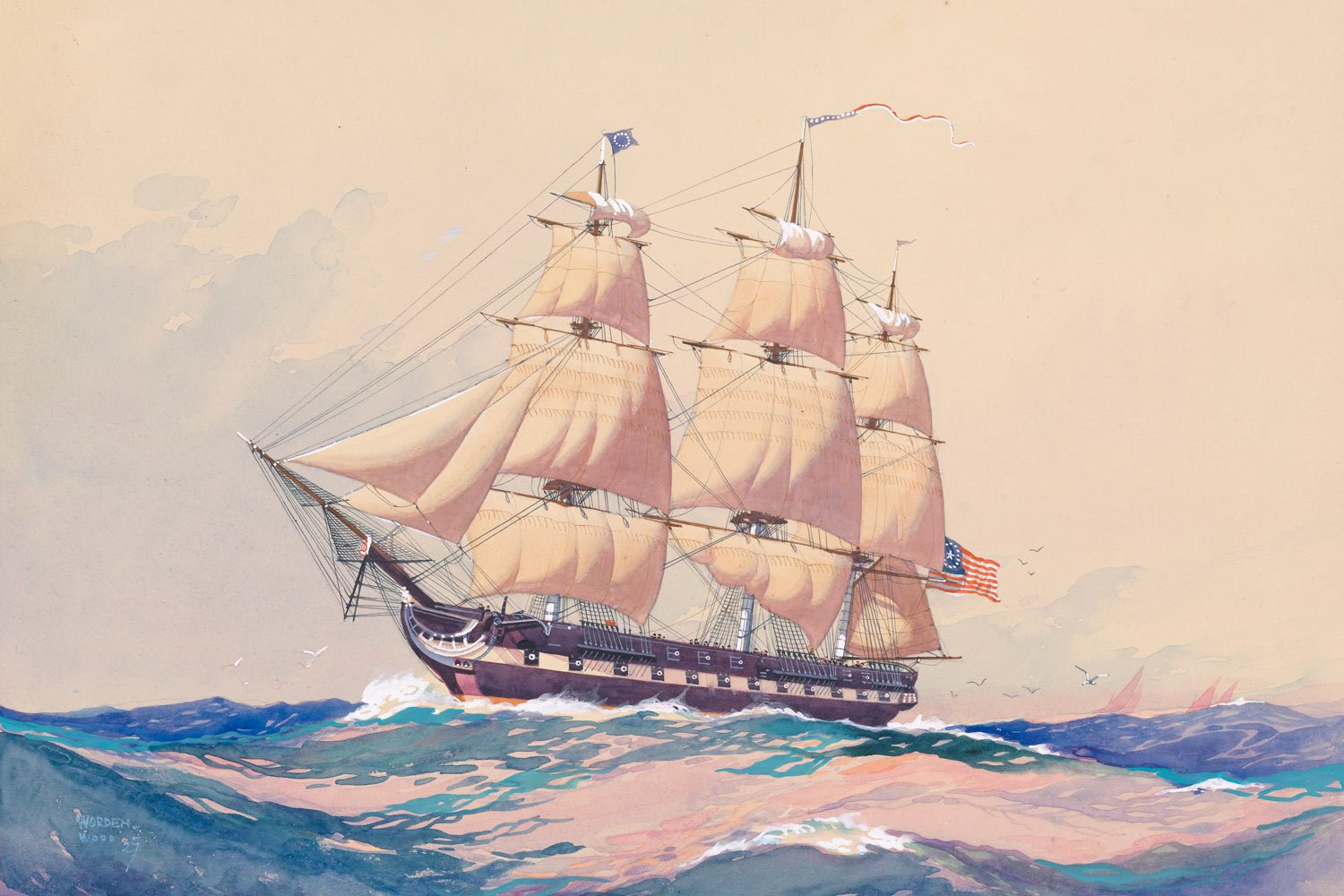
The Barbary Wars, Part 2: The Philadelphia is Lost
Soon after Thomas Jefferson was sworn in as our country’s third president on March 4, 1801, Yusuf Karamanli, the Pasha of Tripoli, decided to renounce the existing treaty his North African province had with the United States. Unhappy with the amount of his annual tribute and feeling under-compensated compared to his fellow tyrant, the Dey of Algiers, Karamanli demanded that the new President give him a one-time gift of $250,000 and an annual tribute of $20,000.

Americana Corner’s 250th Article Launches Barbary Wars Series
The Treaty of Paris of 1783 that ended the American Revolution, brought the United States its long-desired liberty and independence from Great Britain. But with that separation came the loss of protection on the high seas for American merchant ships by the Royal Navy. And the removal of that security blanket had painful and expensive consequences for the young country which were first felt several thousand miles away, in the waters of the Mediterranean Sea.
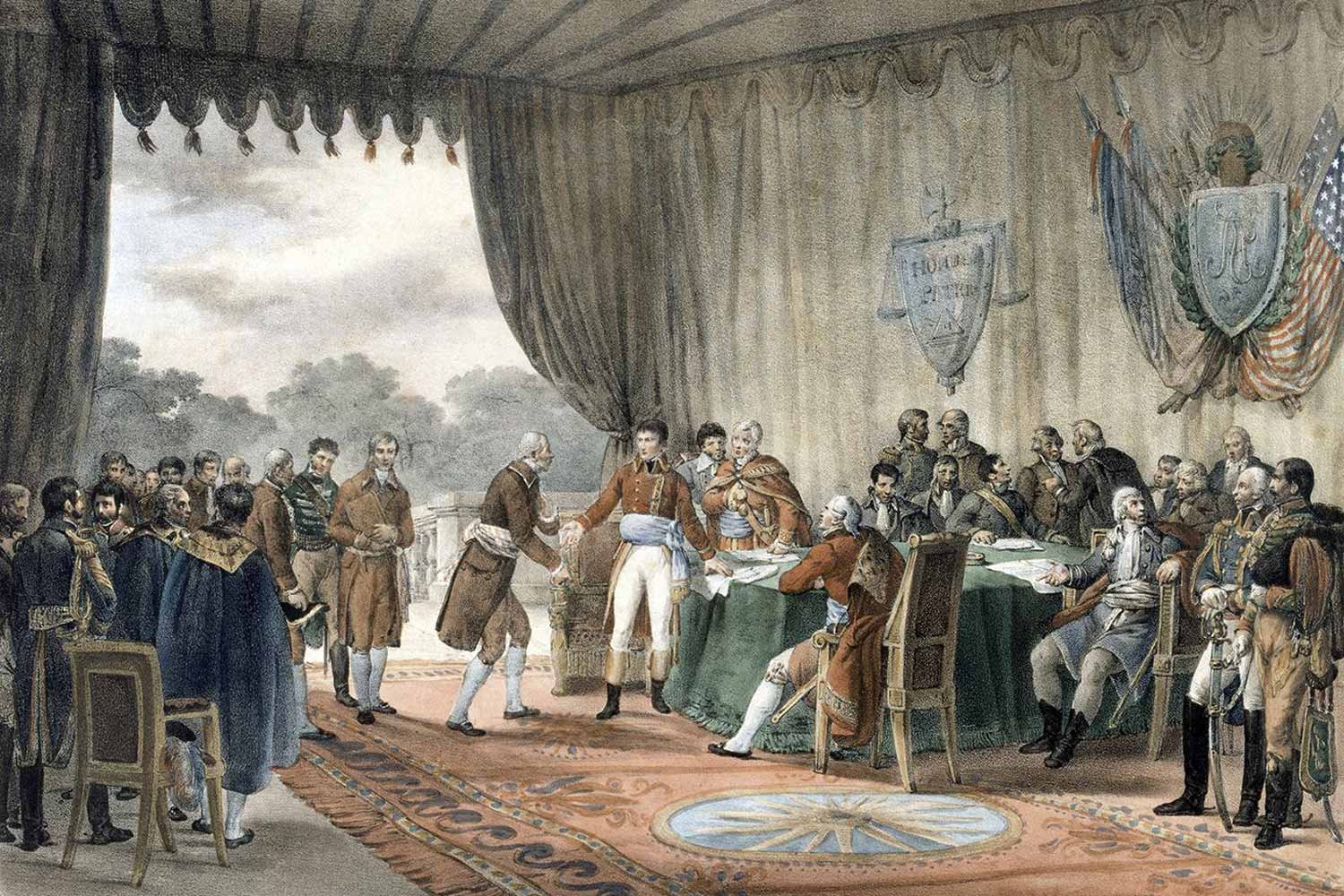
The End of the Quasi-War
The only fighting in the Quasi-War occurred at sea, and mostly in the Caribbean. But with war at a fever pitch and French interests so close by in Louisiana, there was a very real concern in Congress about a possible French invasion of the United States from the west.
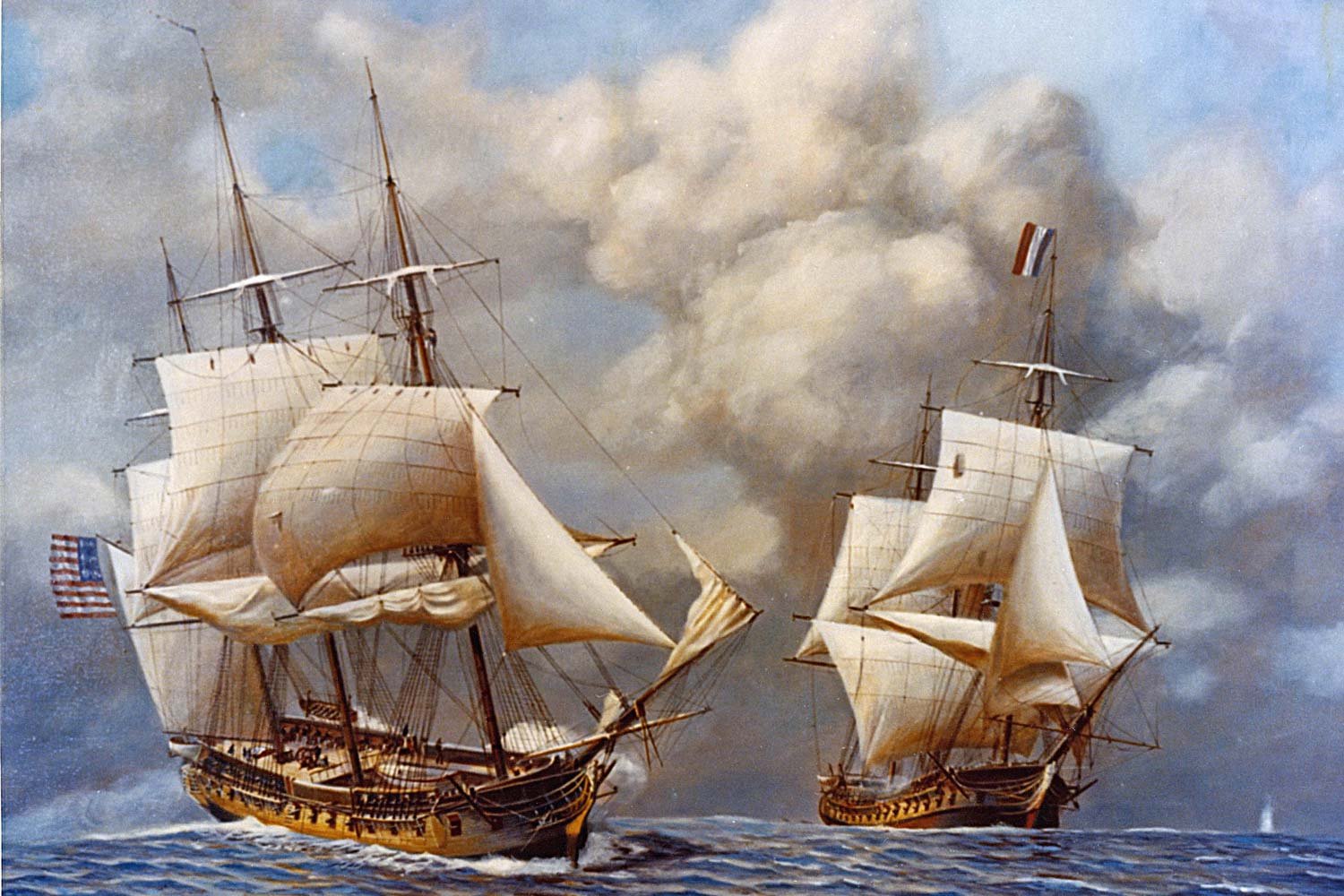
The Quasi-War with France
Between 1798 and 1800, the United States fought an undeclared war with France called the Quasi-War, or Half War, because it was not formally recognized by Congress. It was largely a naval conflict fought in the Caribbean and southern coast of America and developed because of a series of related events that soured the formerly strong relationship between the two nations.
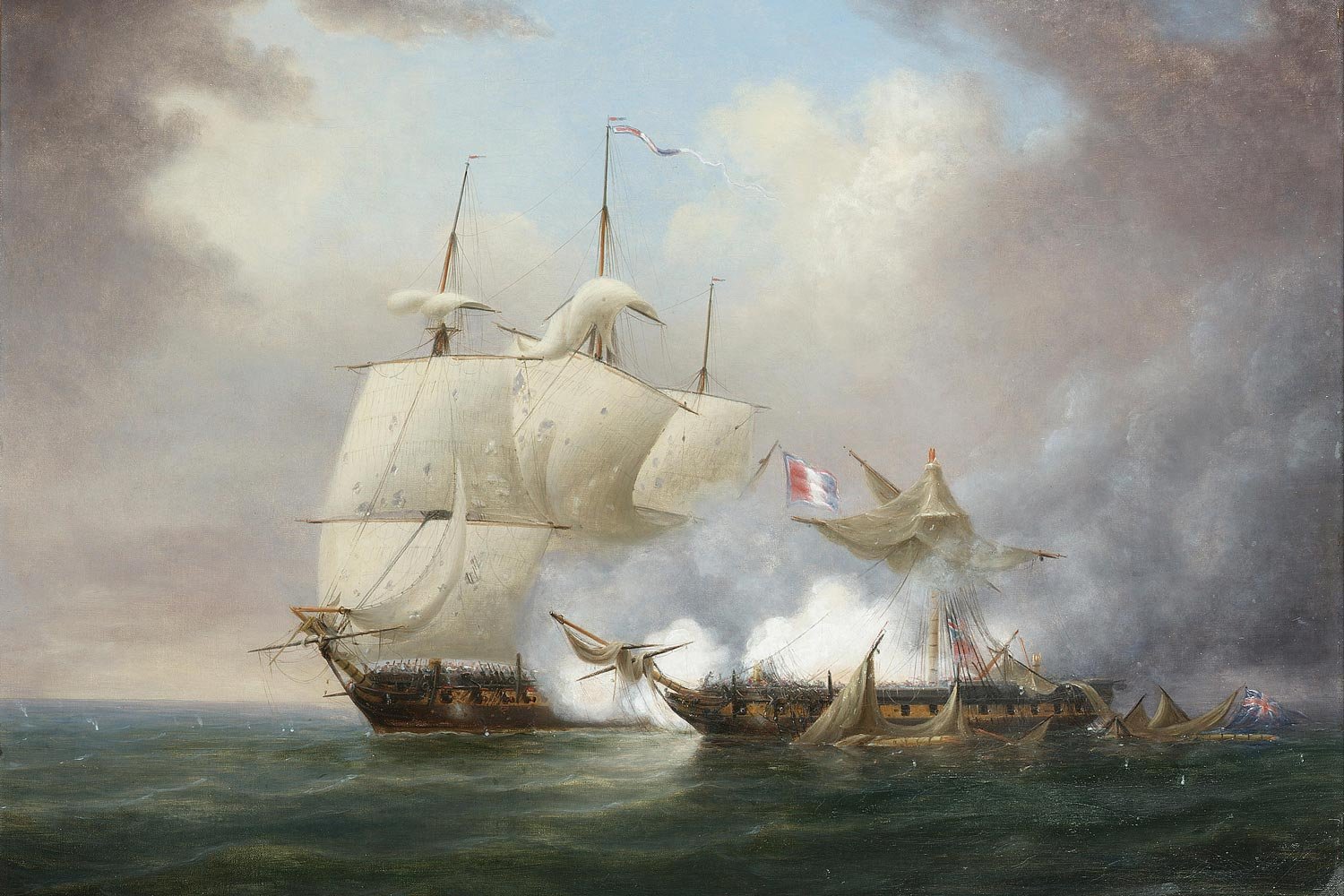
Relations with France Fall Apart
America’s first armed conflict with a foreign nation following the American Revolution was not the War of 1812, but rather a mostly forgotten fight called the Quasi-War. Although little known today, in its time it made a significant impact on the course of American history, affecting trade, the creation of the United States Navy, and a presidential election.
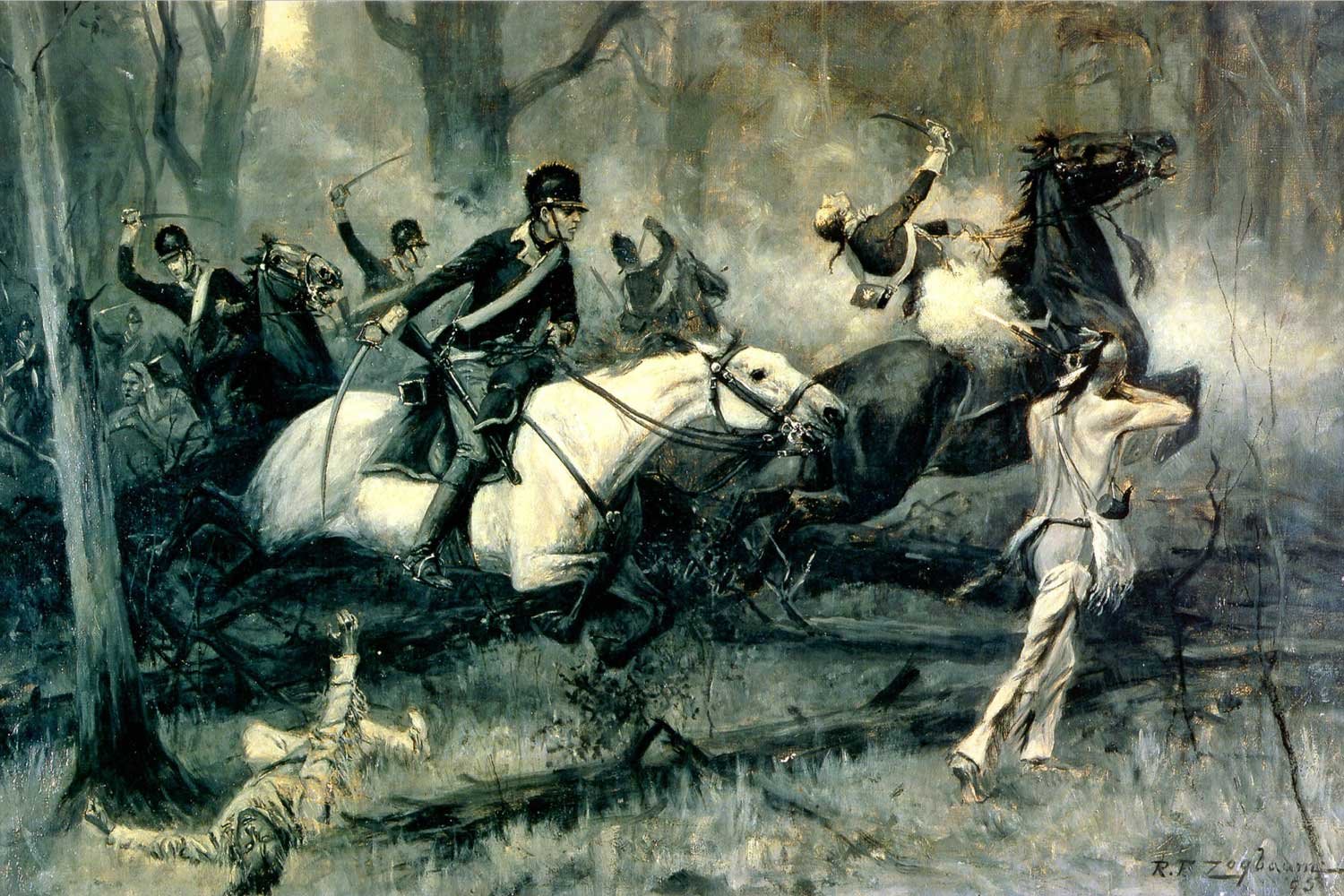
The Battle of Fallen Timbers
In March 1792, following St. Clair’s debacle at the Battle of the Wabash, a reluctant Congress agreed to President George Washington’s request to create a force suitable to finally conquer the Northwest Territory. The result was a 5,000-man force called the Legion of the United States, the forerunner of the United States Army. Its creation represented a seismic change for many Americans as the Legion moved the defense of the country from the militia to a standing army.
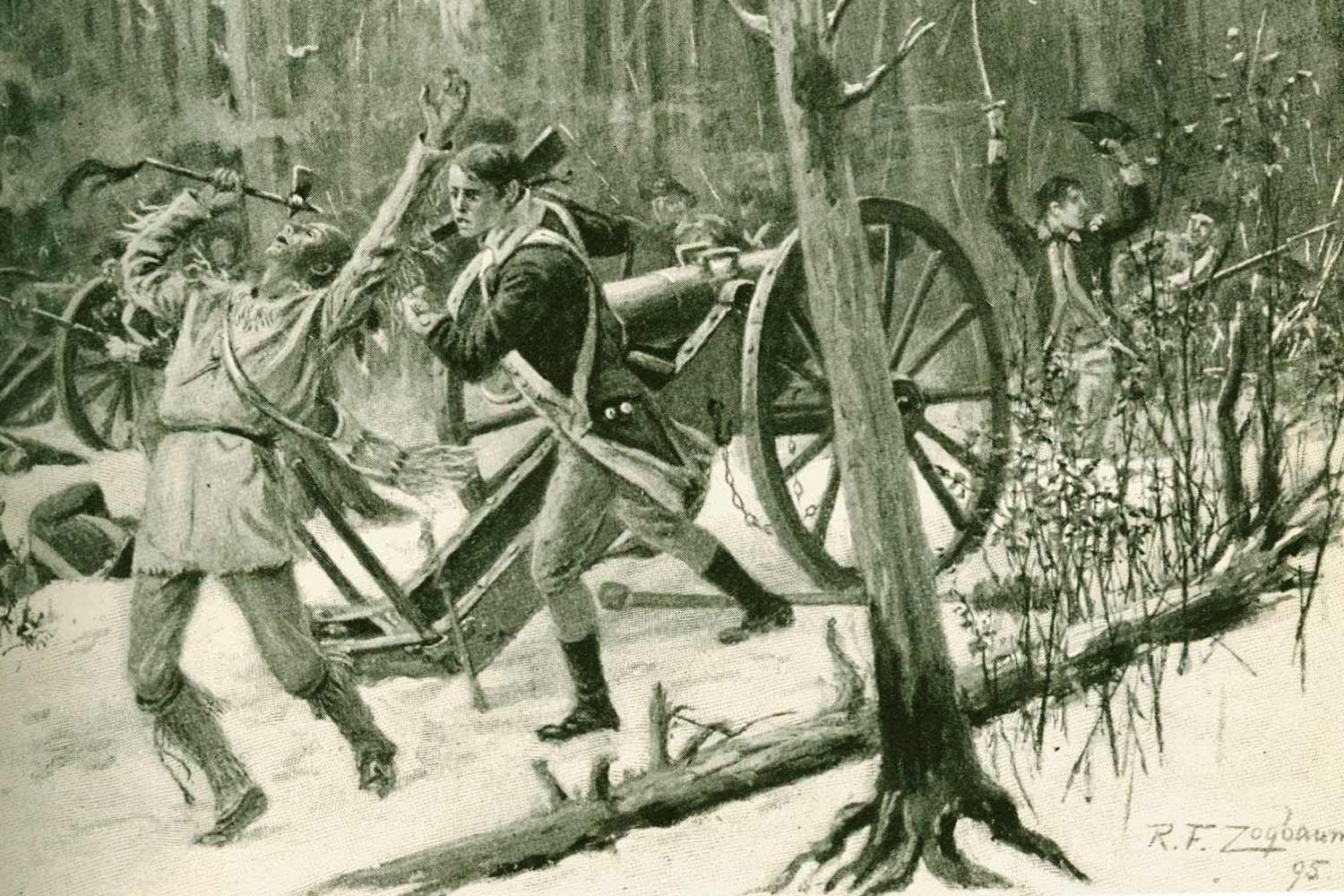
St. Clair’s Debacle on the Wabash
The American army commanded by General Josiah Harmar had been badly mauled by the Northwestern Confederacy in the autumn of 1790. Anxious to demonstrate the will and ability to gain control of the Ohio Country, the following March, Congress expanded the army to two regiments and President George Washington appointed Arthur St. Clair, the Governor of the Northwest Territory, to command the new force.
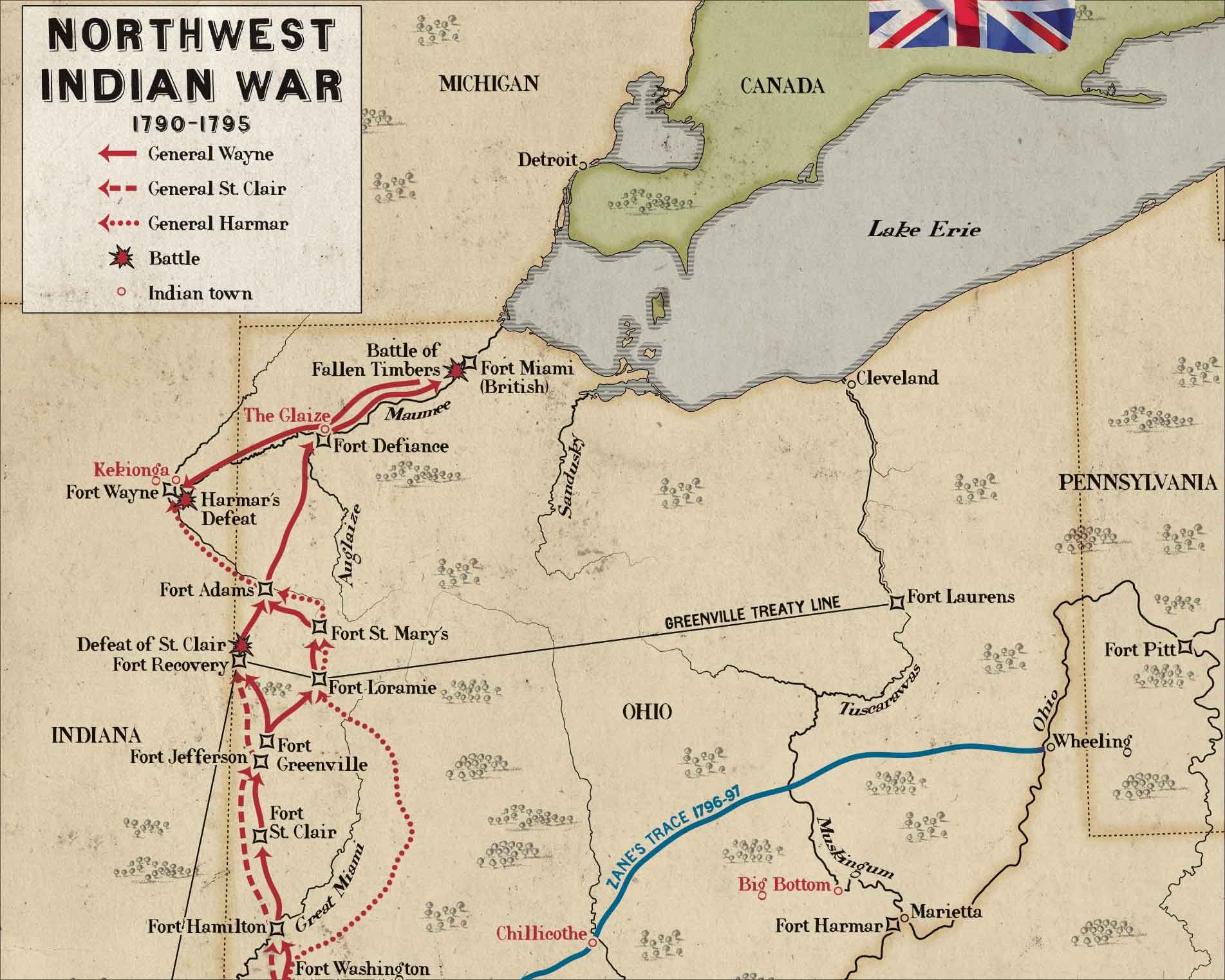
Settling the Ohio Frontier
The Northwest Ordinance of 1787 created the Northwest Territory and a template for how the vast area, also known as the Ohio Country, was to be settled by the United States. But determining how the land was to be developed was the easy part. The more challenging aspect for the federal government was how to make the territory safe for the new settlers given the many Indian tribes who claimed this area as their own and had no desire to move.
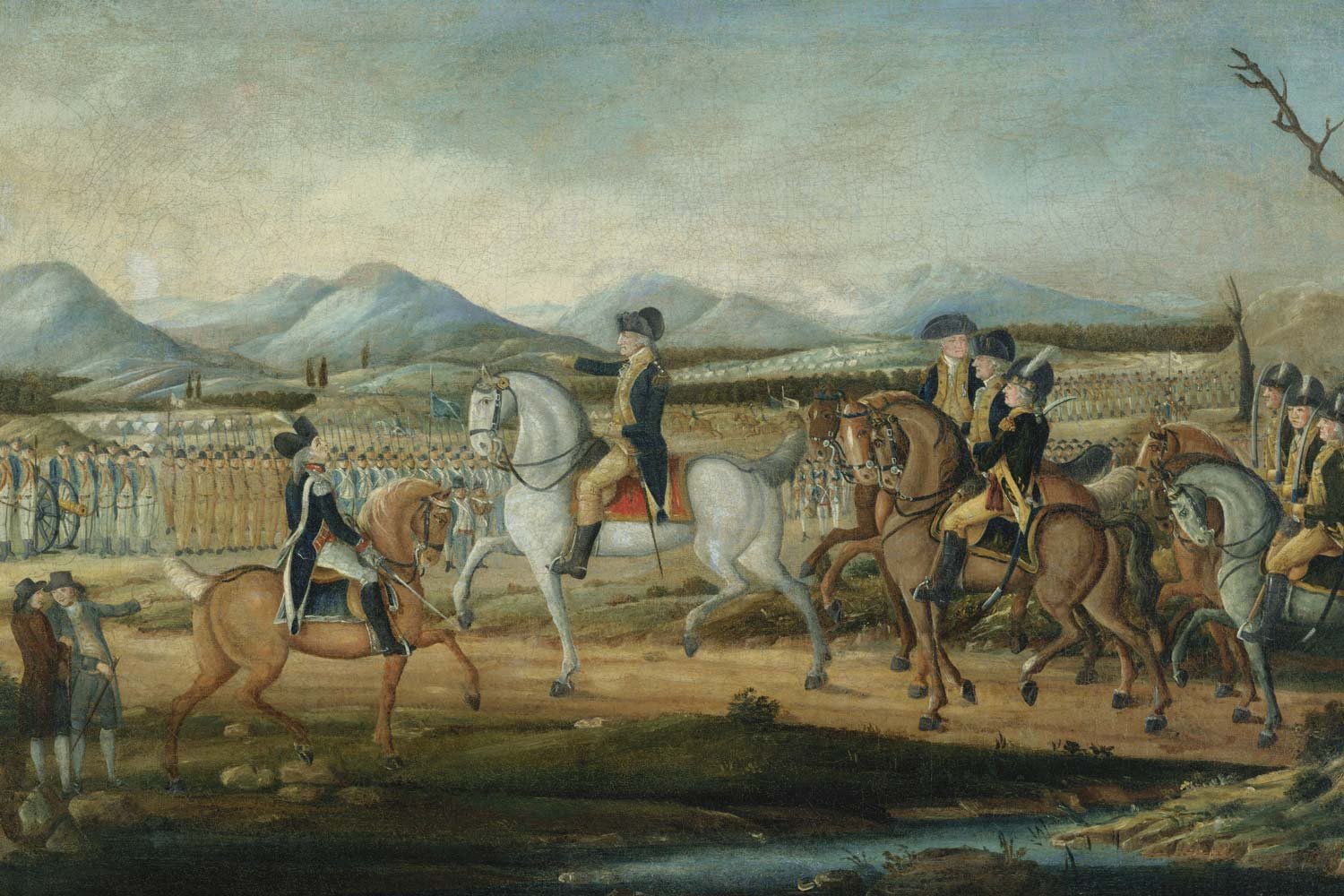
The Whiskey Rebellion
During George Washington’s two terms as President, arguably the most troublesome domestic event was the Whiskey Rebellion. This issue, the root of which was a tax that people refused to pay, threatened the stability of the country. More significantly, the crisis was a direct challenge to the authority of the recently approved Constitution and the federal government which stood behind it.




